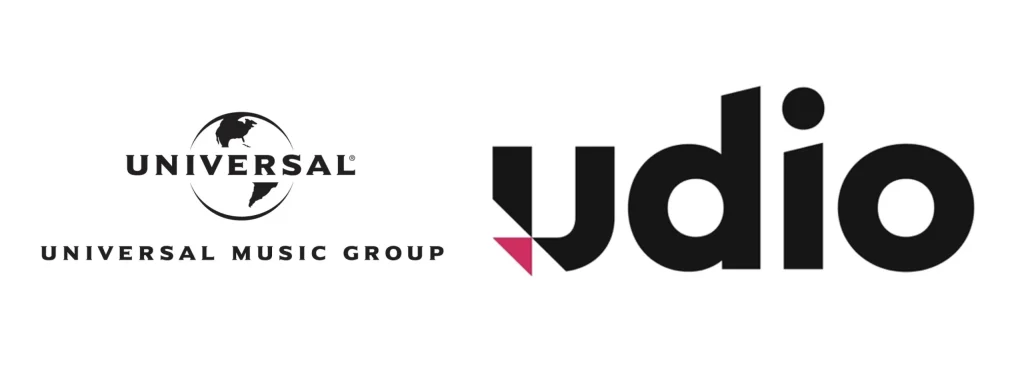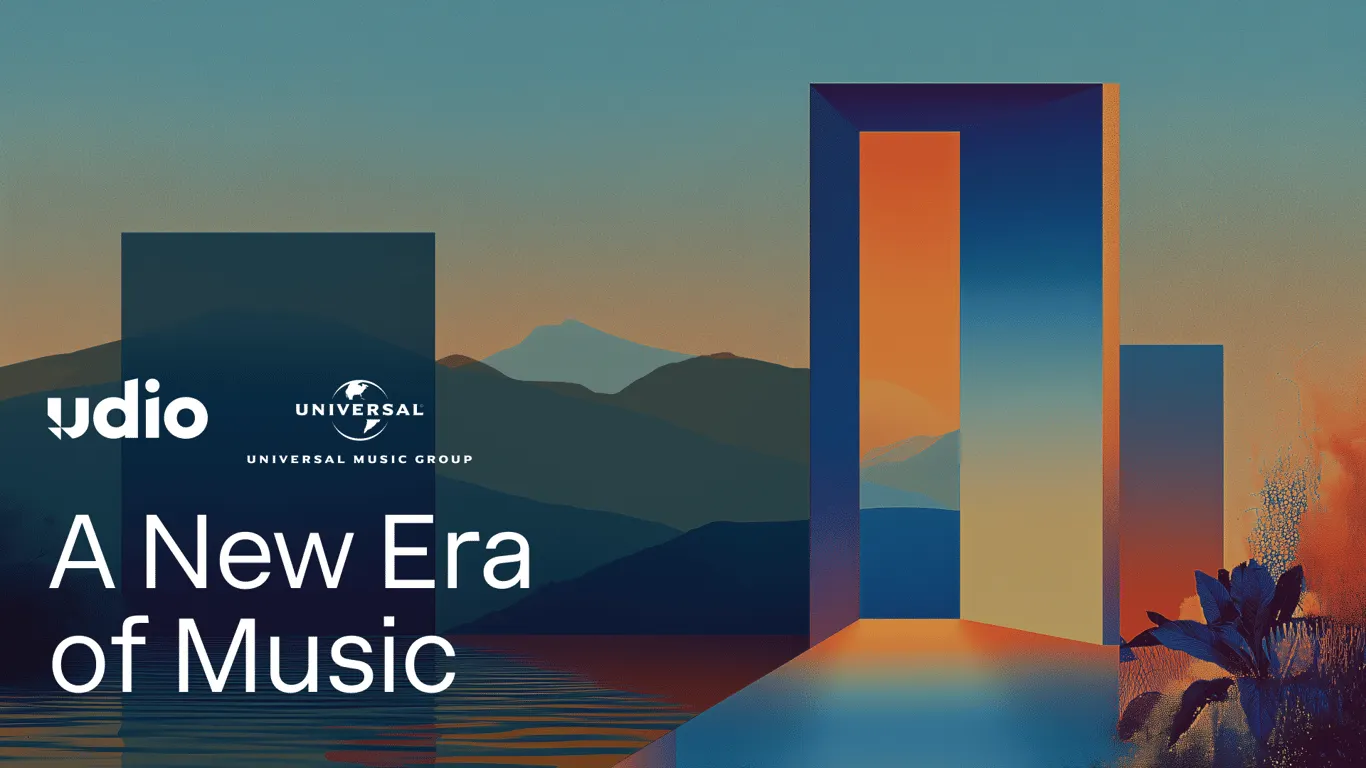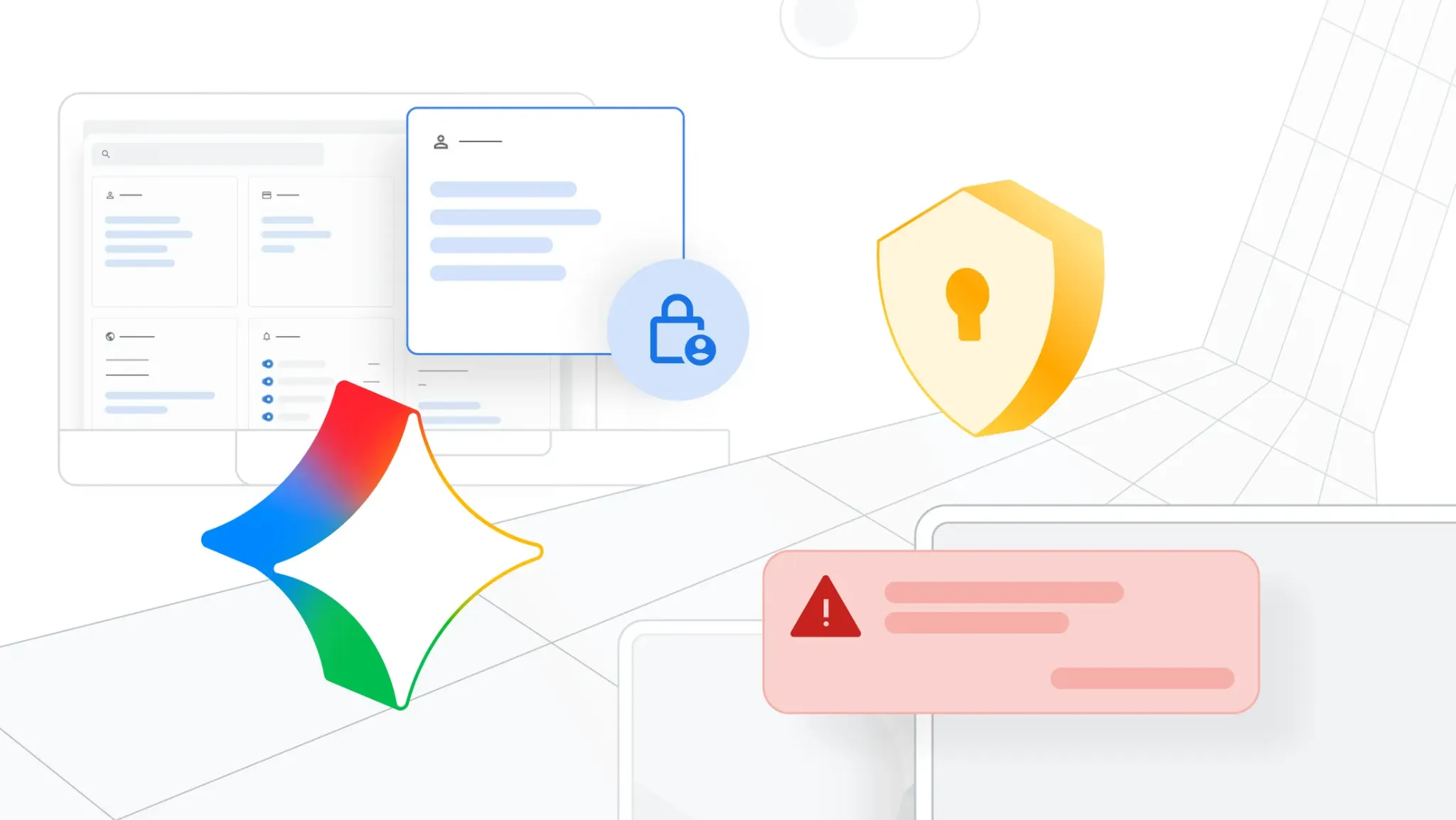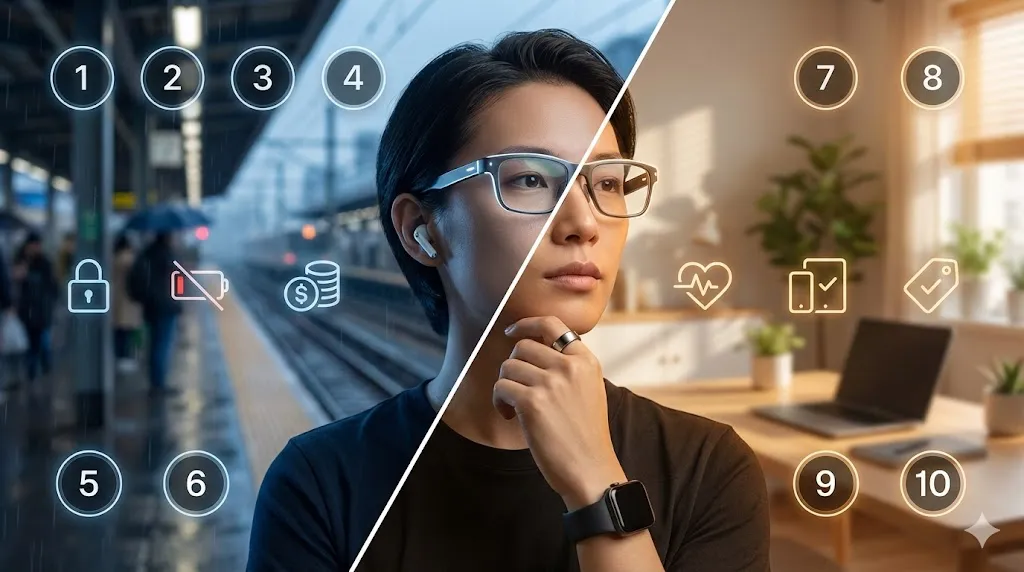Key Takeaways
- Udio has entered a formal partnership with Universal Music Group (UMG) to build music tools that respect artist rights and let fans create inside a controlled space.
- Downloads are paused during a transition period while Udio prepares new models and product experiences. Users are getting extra credits to keep creating.
- Artists will be able to set permissions for how their voices, songs, and styles may be used, matching UMG’s public stance on consent.
- The goal is to make AI music creation fair, licensed, and transparent so that artists, songwriters, and listeners can all benefit.
Why the Udio–Universal Music Group Partnership Matters

Udio is not just adding another feature. Udio is agreeing to work on music inside rules set together with the world’s biggest music company, Universal Music Group.¹ This matters because Udio was one of the AI platforms that labels challenged over training data; now the two sides are choosing to work together instead of staying in court.² This sends a clear signal: AI music can move forward, but only in ways that pay attention to rights, credit, and consent.
For listeners, this means the music inside Udio can include real, licensed material instead of unclear copies. For artists, it means AI tools can point new audiences toward them, not away from them. For the wider music business, it shows that AI companies can build legal paths instead of asking for forgiveness afterward.³
How Udio Plans to Work with Artists and Fans
Udio’s own message says the platform wants to “engage directly with artists and…favorite songs” while giving those artists control.¹ That line is important. It means Udio is not treating music as free material to remix. It is treating music as creative work that belongs to someone.
Artist-Controlled Creation
Udio says artists will be able to set what can be done with their style or voice. That fits UMG’s public policy that no AI model should use an artist’s voice without permission.⁴ If a singer allows it, fans could generate music in that singer’s style inside Udio. If the singer does not allow it, the system should block it. That is how consent moves from a press statement into real product rules.
Remixes, Re-imagines, and Mashups
Udio is planning features such as remixes, genre flips, and mashups that bring multiple artists together in new ways.¹ These ideas are already popular on social platforms, but they often live in a gray zone. By working with UMG, Udio can let people try these ideas inside a licensed, “walled” environment, so the songs stay under control and royalties can be handled.²’³
The Transition Period: What Users Need to Know
Udio said that downloads from the platform are temporarily unavailable while it prepares this next stage.¹ That decision upset some users, especially creators who were used to exporting tracks and posting them anywhere.² But Udio also added more credits for paying users and raised the cap on how many songs can be made at once.¹ Those steps are meant to keep people creating even while the company adjusts the service.
Why pause downloads? Because the new path is about licensed music in a controlled setting. If Udio and UMG are going to say “this music is legal and fair,” they must first make sure songs are not being taken out of the platform with unclear rights.³
Why Artist Permission Is Central
UMG’s CEO, Sir Lucian Grainge, has said the company will not license AI systems that use artists’ voices without consent.⁴ That policy carries over to partnerships like this one. If AI is allowed to copy sounds, lyrics, or styles without asking, then human artists get pushed aside. If AI is required to ask, track, and pay, then human artists stay at the center.
Udio’s own blog post stresses that the first step is to make sure artists and songwriters “benefit directly.”¹ That is the same direction global groups, including the OECD, have been pushing: AI in music should protect creativity, not drain it.⁵
What This Means for Listeners and Creators
We can read the changes this way:
1. Safer music to share. If the song was made inside Udio under license, it is easier to explain where the rights came from. That helps creators who post to platforms that now ask copyright questions.
2. More real artists inside AI tools. Because Udio is working with UMG rather than against it, there is a better chance of getting actual catalogs, not clones.
3. Clearer rules. Instead of asking “Is this allowed?” each time, users will work inside limits the artist approved.
For people who make videos, podcasts, or short-form content and just need music that will not cause takedowns, this kind of licensed AI space is practical.
Responsible AI Music Going Forward
The music industry has been worried about AI systems that scrape songs, flood platforms with low-quality tracks, and weaken artist pay.² Udio’s agreement with UMG shows another route: use AI to help people create, but do it with data that has been licensed, with artists who opted in, and with controls on where the finished track can go.³
If this model works, we can expect more labels and more AI music tools to copy it: keep creation fast, keep rights clear, keep artists paid. That is how AI music can stay in line with the ethics work being done across the field.⁵
Citations
- Sanchez, Andrew. “A New Era of Music – Udio with Universal Music Group.” Udio, 29 Oct. 2025.
- Chan, Kelvin. “Universal Music and AI Song Tool Udio Settle Lawsuit and Partner on New Platform, Sparking Backlash.” AP News, Associated Press, 30 Oct. 2025.
- “Universal Music Group and Udio Announce Udio’s First Strategic Agreements for New Licensed AI Music Creation Platform.” Universal Music Group, 30 Oct. 2025.
- Ingham, Tim. “Sir Lucian Grainge on UMG’s AI Policy: ‘We Will NOT License AI Models That Use an Artist’s Voice without Consent.’” Music Business Worldwide, 13 Oct. 2025.
- “Responsible Artificial Intelligence and the Music Industry.” OECD.AI, Organization for Economic Co-operation and Development, 29 Mar. 2024.



